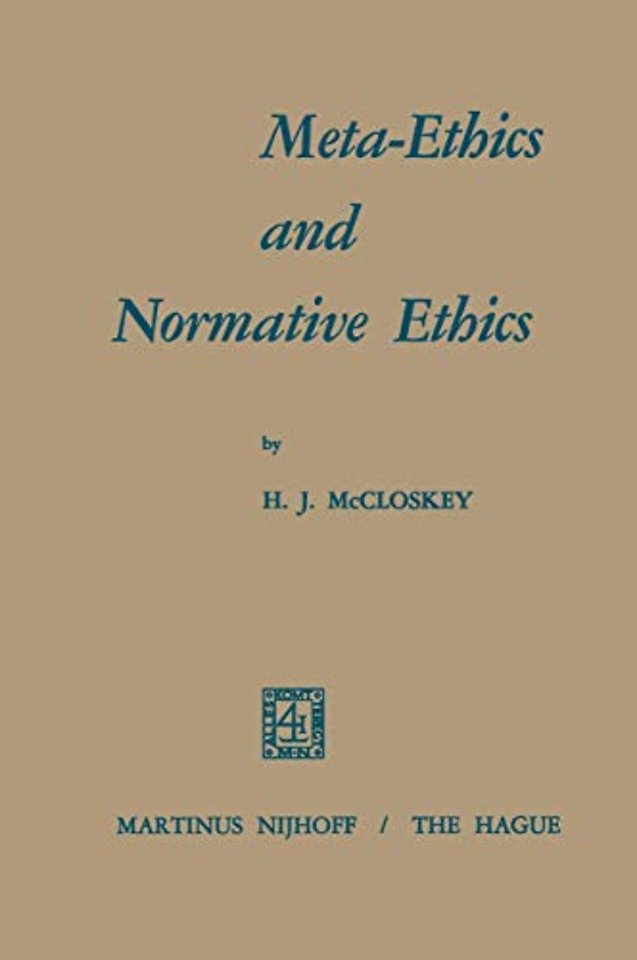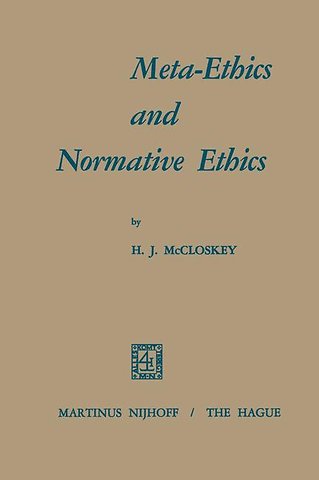Meta-Ethics and Normative Ethics
Samenvatting
The purpose of this work is to develop a general theory of ethics which ex plains the logical status of moral judgments and the nature of the general principles which we should adopt and on the basis of which we should act. The enquiry into the logical function of moral judgments is entered into as important in its own right and as a preliminary to the normative enquiry, for it is on the basis of our conclusions in the area of meta-ethics, that we de termine the appropriate method of reaching our normative ethic. The ap proach followed in the meta-ethical enquiry is that of examining theories of the past and present with a view to seeing why and in what respects they fail, in particular, what features of moral discourse are not adequately explained or accommodated by them. A positive theory which seeks to take full account of these and all other logical features of moral discourse is then developed in terms of a modified intuitionism of the kind outlined by W. D. Ross, 'good' being explained as the name of a consequential property, 'right' in terms of moral suitability, and moral obligations as consisting in our being constrained to act in certain ways by facts we apprehend to constitute moral reasons which constrain us so to act.
Specificaties
Inhoudsopgave
Net verschenen
Rubrieken
- aanbestedingsrecht
- aansprakelijkheids- en verzekeringsrecht
- accountancy
- algemeen juridisch
- arbeidsrecht
- bank- en effectenrecht
- bestuursrecht
- bouwrecht
- burgerlijk recht en procesrecht
- europees-internationaal recht
- fiscaal recht
- gezondheidsrecht
- insolventierecht
- intellectuele eigendom en ict-recht
- management
- mens en maatschappij
- milieu- en omgevingsrecht
- notarieel recht
- ondernemingsrecht
- pensioenrecht
- personen- en familierecht
- sociale zekerheidsrecht
- staatsrecht
- strafrecht en criminologie
- vastgoed- en huurrecht
- vreemdelingenrecht

